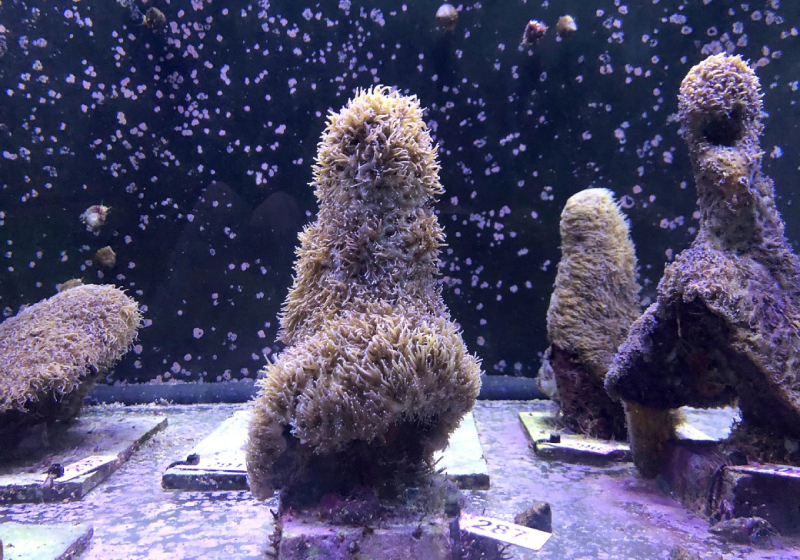A glimmer of hope emerges for the world's beleaguered coral reefs. Recent experiments in coral farming are showing significant success, offering a potential solution to restore these vital ecosystems.
Corals, while appearing like rock formations, are actually living creatures. They build complex underwater structures that provide a habitat for a quarter of all marine life. However, rising ocean temperatures due to climate change have caused widespread coral bleaching, a phenomenon where stressed corals expel the algae they rely on for survival. This has led to a significant decline in coral reef health worldwide.
Scientists are now looking to coral farming as a way to accelerate reef recovery. Fragments of healthy corals are collected and nurtured in specially designed underwater nurseries. These nurseries provide ideal conditions for coral growth, with controlled water temperature, light levels, and minimal exposure to predators. After a period of months, the coral fragments have grown significantly and are ready for transplantation onto degraded reefs.
One such project is underway at Mote Marine Laboratory in Florida. Here, researchers have successfully cultivated and transplanted over 216, 000 coral colonies. Significantly, these transplanted corals have even begun to reproduce sexually, a vital step for the long-term sustainability of restored reefs.
This technique is not without its challenges. Large-scale coral farming requires significant expertise and resources. Additionally, ensuring the genetic diversity of farmed corals is crucial to maintain a healthy reef ecosystem.
However, the progress achieved thus far is a cause for optimism. Coral farming offers a powerful tool for reef restoration efforts. Scientists are now working to refine these techniques and develop methods for large-scale implementation. This, coupled with continued efforts to address climate change, offers a potential lifeline for the world's coral reefs.
The future of these underwater havens remains uncertain, but the success of coral farming experiments provides a much-needed ray of hope. With continued research and investment, these techniques could play a critical role in ensuring the survival of coral reefs for generations to come.

